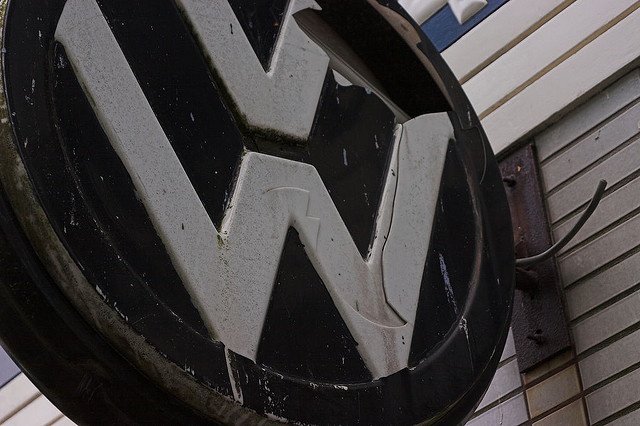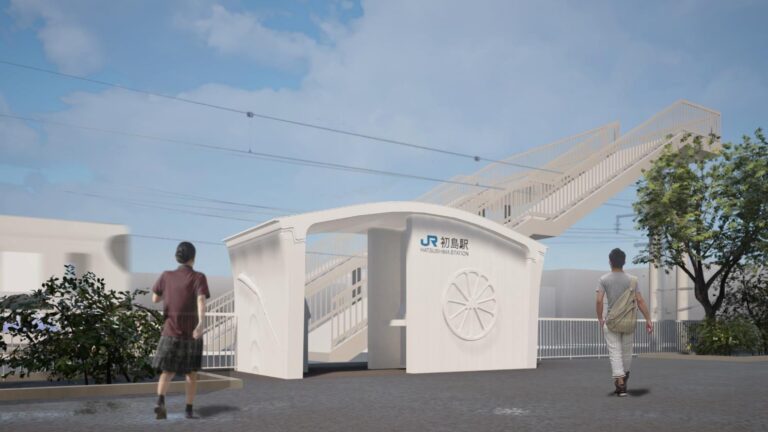Late Wednesday evening, the California Air Resources Board rejected Volkswagen Group’s plan to fix 3.0L diesel Volkswagens, Audis, and Porsches that were discovered last year to be illegally circumventing the cars’ emissions control systems. In two letters (one addressing Volkswagen and Audi cars (PDF) and the other addressing Porsches (PDF)), CARB called the company’s recall plan “substantially deficient” and said VW Group submitted documents that “fall far short” of meeting standards that would bring the cars up to code.
It has been estimated that a total of 85,000 3.0L diesel Porsche, Audi, and Volkswagen cars are still on the road without a recall or a buyback plan. In June, VW Group proposed a massive settlement in which it would buy back almost 500,000 2.0L diesel vehicles and compensate owners and lessees with a cash award.
In CARB’s Wednesday letters to VW Group, the air regulator claimed that subsidiaries Audi and Porsche “failed to disclose and provide a complete description of all defeat devices” on the cars, even after CARB rejected an earlier plan in February and reminded the automakers of what they needed to submit to get CARB to approve a recall plan. CARB also said that VW Group didn’t describe in enough detail how the fix would work or how it would impact the car’s emissions after the fix.
Volkswagen, Audi, and Porsche "failed to specifically and completely describe the fixes in their proposed recall plan in a manner that allows CARB to adequately evaluate whether they could be successful or are even technically feasible or would not cause greater emissions deterioration,” CARB wrote.
The air regulator added that VW Group provided inadequate documentation about how the fix would affect fuel economy, drivability, and the On Board Diagnostics (OBD) systems in the cars. CARB also concluded that “the recall plan cannot be completed expeditiously,” which was another criteria for having a recall plan approved.


 Loading comments...
Loading comments...
